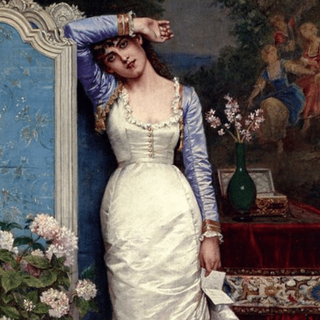In a recent Instagram live session, Halle Berry, a cis actor, spoke about how she was offered an opportunity to play a trans man. After multiple gaffes, including one in which she describes the role loosely as a female experience that becomes a male one, she apologized and acknowledged that she, a cisgender woman, should not have accepted the role in the first place.
pic.twitter.com/qpE8Tw1Xmu
Acting, as a craft, is the process of embodying another’s experience. We don’t say that only murderers can play murderers, or only vampires can play vampires. In fact, men played women for the longest time in Shakespearan plays, as women were not allowed to act. Why, then, should Halle Berry have to apologize for playing a trans man, when all she was doing was gearing up to embody a character? Plus, gender is a mutable social construct that exists on a spectrum — shouldn’t that mean any gender can play any gender?
The answer to this lies in who controls the narrative, and how that narrative is showcased. Take for example, the fact that women were simply not allowed to play female characters in Shakespearean plays. What the audience took away from watching these plays is a man’s written and acted interpretation of how a woman would react in a particular situation. Similarly, when a cis person either writes or enacts a trans person’s life, the audience takes away the cis person’s interpretation of how a trans person would behave in a situation. Interpretations are not a problem only when a) there are realistic portrayals of trans characters by trans people to balance out the cis people who play trans people, and b) when trans people also get to interpret and play their versions of cis people. When casting is done on an equal footing in an equal society, it is merely a casting the perfect actor by virtue of skillset.
Related on The Swaddle:
All the Arguments You Need to Address Transphobia
But, unfortunately, equal footing is still a work-in-progress, as of now. Trans actors struggle to find work — even the famous ones. When they do find work, they are typecast in roles about trans lives and trans issues, often written and directed by cis people. Trans people in Hollywood barely have any ownership over their own narratives. In this case, a cis person playing a trans person is perpetuating inequality; this is clear by virtue of the fact that Hollywood executives have not considered casting trans people as cis people yet.
The conversation around representation in cinema is not to scold or ‘PC-police’ individuals away from performance opportunities. It is to make sure people who work in the industry are sensitive to the marginalized people they work with — ensuring space for all to essay their talents.




